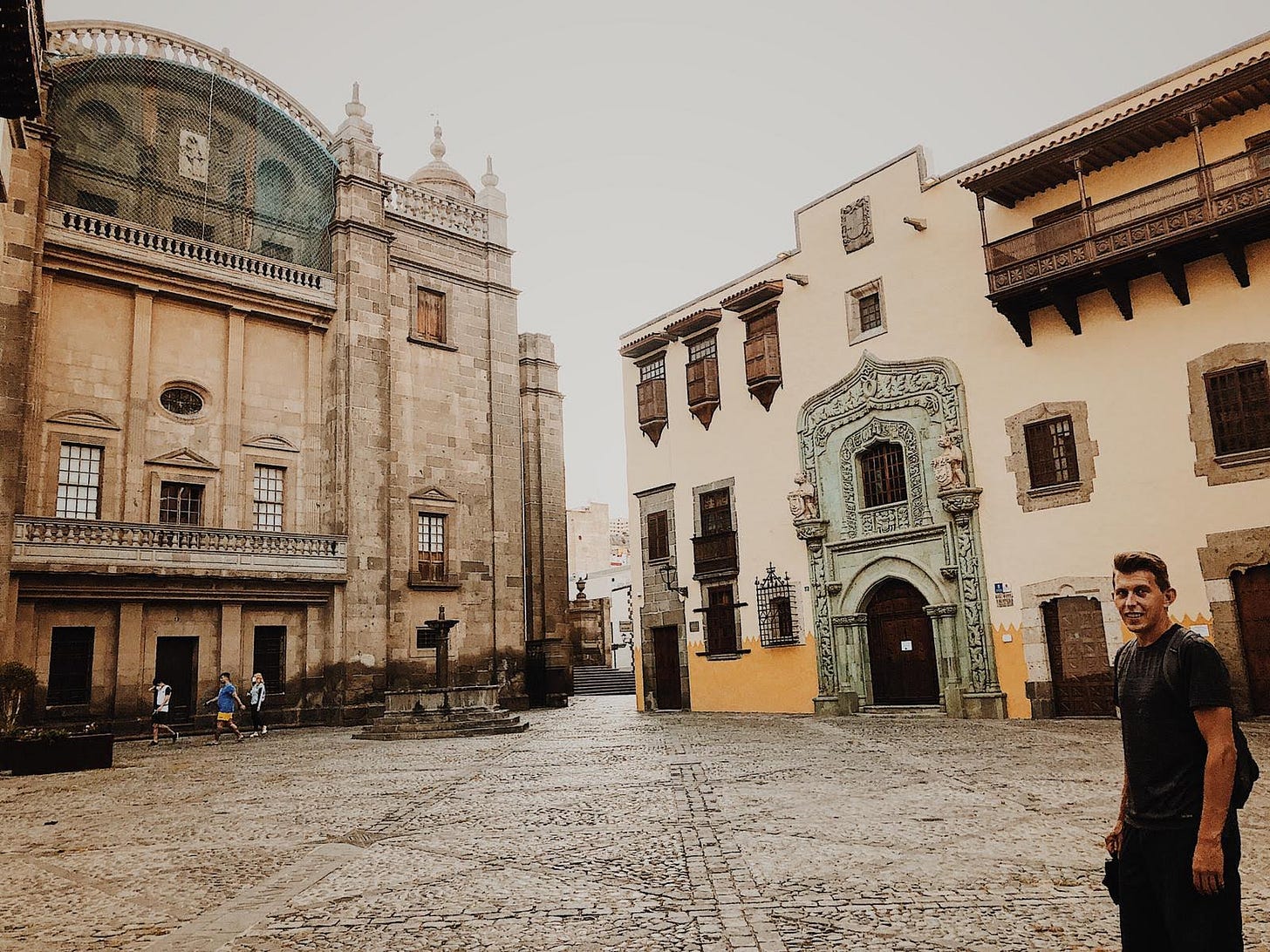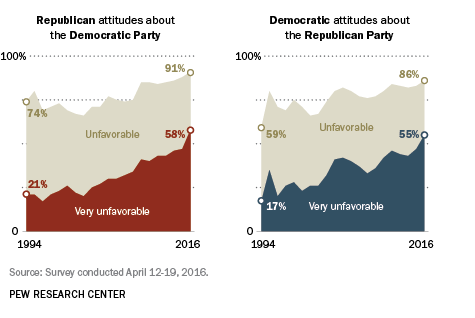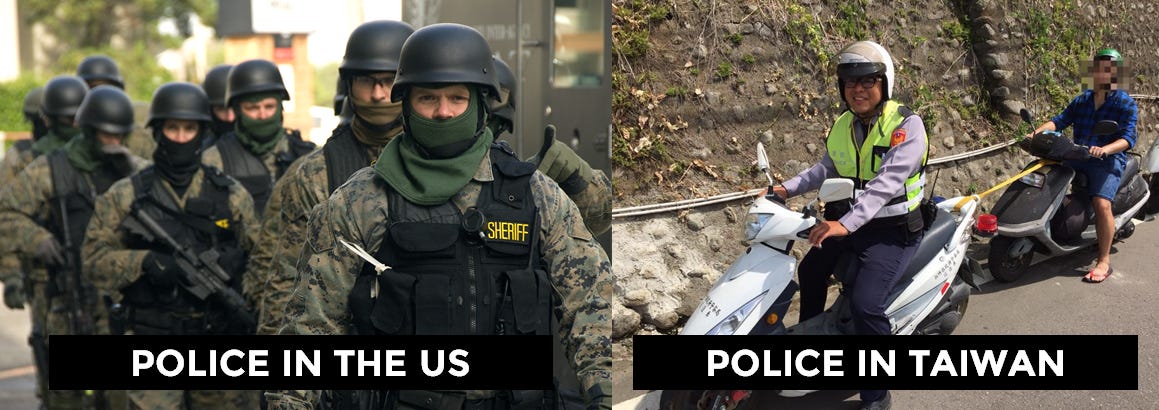June 6th: Greetings From Las Palmas!
👋 Welcome to Leigh, Henry, Steve, Stefan, Patricia, Taylor, Danilo, Christian, Boy, Ingrid, Gary, Tessa, JP, Adam, Lindaler, Rachel
👉 5-Minute Boundless Survey: Would you join the 15 others who offered feedback already. I want to get a better grasp of what resonates with the growing number of followers who tune in each Saturday and what I can do to support all of your journeys as well.
Subscribers: Sorry if you received two copies of this newsletter
If you’d like to subscribe or upgrade to become an ongoing patron of the newsletter, you can do this here before you dive into this week’s issue:
Writing has become the best way I know to make sense of the world. This weeks essay is about love, the messiness of our current situation and some signs of hope.

#1 Love eats politics
I’m sitting down right now at 11:03am in Spain to write this. I am not sure where I’ll end up or if I’ll hit send this week, but I wanted to give it a shot to write something amid the pain and anger in my home country.
I write this after spending the entire month of May fighting an infection in my gums trying to hide my fear of facing long-term health issues again and then in the past few days, finally finding a treatment that seems to be working.
I also write this
From the perspective of living abroad for the last two years, watching people in my country increasingly become sucked into polarizing narratives.
…and as someone who will inevitably have to deal the challenges of race in America if I am lucky enough to become a father.
America, America, America
As a white man in the US it has become a tricky time to say anything. The overwhelming pressures are to parrot popular political narratives or stay silent. The pressure to “take a stand” within the two political frames is overwhelming. Even many of my non American friends are amazed at how often they are asked where they stand on American issues.
It was not until I was older and spent time in cities and other parts of the world that I realized how American-centric my worldview was. I didn’t even think about living in another country until a few years into my 30s.
Living abroad over the past few years, I’ve realized that almost everyone I meet is aware of what is happening in America. They grow up knowing what is happening in their country and America - sometimes knowing more about the US than their own countries. I have an Indonesian friend in Taiwan who probably knows more about American culture than most Americans yet to live there.
The other thing you realize is that there is still enormous demand to come to the US. We only allow 39 countries the ability to show up through a visa-exempts process. Indonesians, for example, need to get approved for the much harder to get B1 tourist visa. Meanwhile, Americans can show up over 180 countries without a visa.
In Taiwan, going to America to study, live or work is still seen as a successful life path and worthy goal, though nomad communities and more immigrant friendly policies in places like Australia, Canada and the UK have increasingly become more attractive alternatives.
Politics Has Become About Despising Others
Right now in the US, we have political-media-complex which stakes its economic success and survival on its ability to continuously manufacturing “both sides” issues. The sides are presented as opposing but in reality are illegible from the other person’s perspective. One person cares about limiting harm, the other about freedom. One person cares about equality, the other justice. Never-ending debates ensue.
Some people get caught up in these debates for their entire lives and over the last 30 years, the consistent trends has been for these debates to be filled with more people and more anger.

I’ve seen many friends get drawn into these debates and become obsessed about how bad the “other side” is. While there is always a grain of truth to what people think, there are often 100 shades of grey that are impossible to really separate with words and frames.
These divides represent intractable problems. I’ve started to think that a better frame that more people can align around, something Jonathan Haidt calls “common humanity politics” is the goal of reducing suffering.
We Ignore The Trauma Around Us
I recently finished The Body Keeps The Score, which talks about the growing evidence of the effects of trauma on the body and one’s ability to thrive or not in life. We typically think about trauma in terms of people returning from war facing PTSD, but the book makes it clear that many people are carrying enormous pain and trauma around them in hidden and plain sight.
As I rebounded from a two-year battle with health challenges in 2015 much of this trauma became visible to me. I was able to listen and pause more while observing that almost everyone is struggling with something.
If you’ve ever bounced back from a rough patch in life you probably know what I’m talking about.
One of the best measures of the impact of trauma is the Adverse Childhood Experiences survey, which measures responses to 10 questions measuring abuse, stress, and neglect. Numerous studies have found that women and minorities have a much higher incidence of these events and this disparity is probably one of the most important underlying realities that we need to grapple with.
When I first looked at the survey, I realize how profoundly lucky I am. I didn’t face any adverse events, which is like starting life on third base, if not halfway home as an adult. This is the greatest gift I have ever been given.
Yet in the US, we look at success through a lens of who has economic resources which blinds us from the millions across all races, ages, identities and wealth that are suffering and increasingly feeling angry, alienated and disconnected.
The Body Keeps The Score showed that people that suffer trauma are robbed of the true gift of life: the freedom of feeling alive:
Trauma compromises the brain area that communicates the physical, embodied feeling of being alive.
Signs Of Hope
Below the manufactured both-sides frames, there seems to be many good things happening.
Take DeRay Mckesson’s Campaign Zero which has been obsessed with figuring out what really works for decreasing police violence, something most people say they would like. They’ve been ruthless about pursuing truth, even abandoned ideas that are popular but don’t work like body cameras. We need more Deray’s that care about what works and want to make things better.
There’s also been an awakening to the militarization of police, which has happened due to excess inventory from multiple wars being allocated around the country to police departments. I found it striking after living in Taiwan how nonthreatening their police offers are, riding on these incredibly cute scooters:

There also an awareness of how many good cops there are who want to make things better. These have come as a result of localvideos shot on cell phones of cops showing their humanity through tears and, love not through the divisive frames of national media.
We must see these people too.
Feeling The Pain Of Others
When we were deciding on which countries to travel to in 2020, we had to spend time googling “is _____ safe for asian women” and “asian racism in ______.” To have to type those phrases brings to the body feelings and emotions that I have not had to think about for most of my life.
When I asked my wife how many instances of racists remarks she heard while she did a year studying abroad in Arizona, she casually told me “probably twenty.” While I knew these attitudes existed, the number still shocked me.
Surely this can’t be true. That was my natural reflex.
Yet I’ve grown up around a diverse group of friends and I know these experiences are true. I choose to see their pain. That has nothing to do with politics and does not require me to vilify anyone.
All it requires is that you create space for other’s pain.
Love Eats Politics
My grandmother turned 91 yesterday and she will likely see her 15th great grandchild be born before the end of the year. To be part of my extended family is my true superpower that I don’t really write about.
There are wide ranges of views and perspective in my family when it comes to politics, but they don’t matter. If anyone ever needed anything, it gets taken care of. What has been refreshing about my visits home over the past few years is how rare political conversations seem to happen. People are much more concerned about who’s getting married or who’s due to give birth next.
In business, people say “culture eats strategy for breakfast” and it seems like a similar thing is true in life:
Love eats politics.
Love is the only thing that will help us transcend the divides that politics force upon us. Yet what I have learned from family is that love does not come easy. It takes intention, practice and commitment. It does not come naturally.
This is echoed in one my favorite books, Erich Fromm’s The Art Of Loving
“Love isn't something natural. Rather it requires discipline, concentration, patience, faith, and the overcoming of narcissism. It isn't a feeling, it is a practice.”
Here’s hoping we can move out of heads dominated by narratives and instead move back into our bodies where we can open up to the most powerful thing we have as humans: love.
✌




